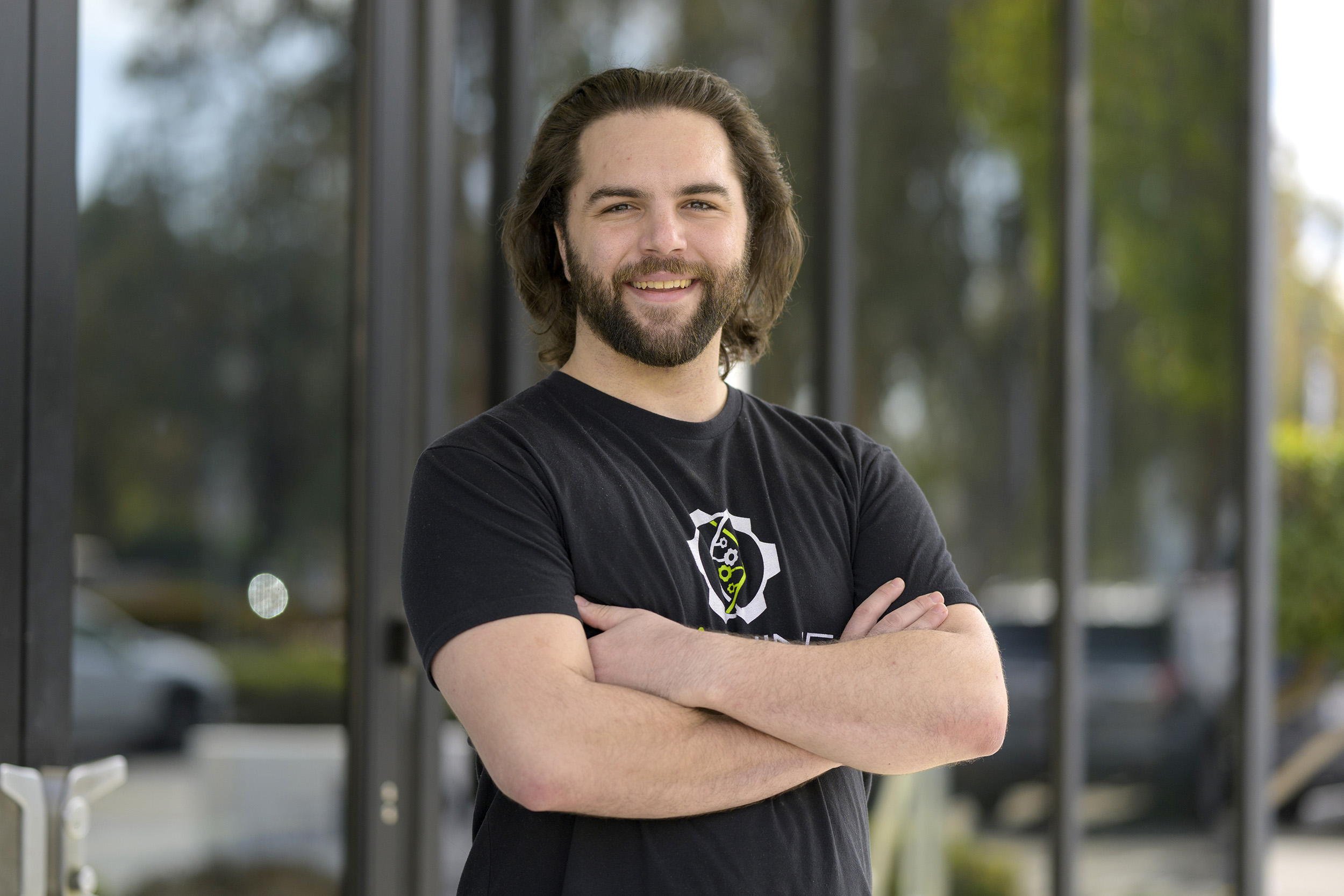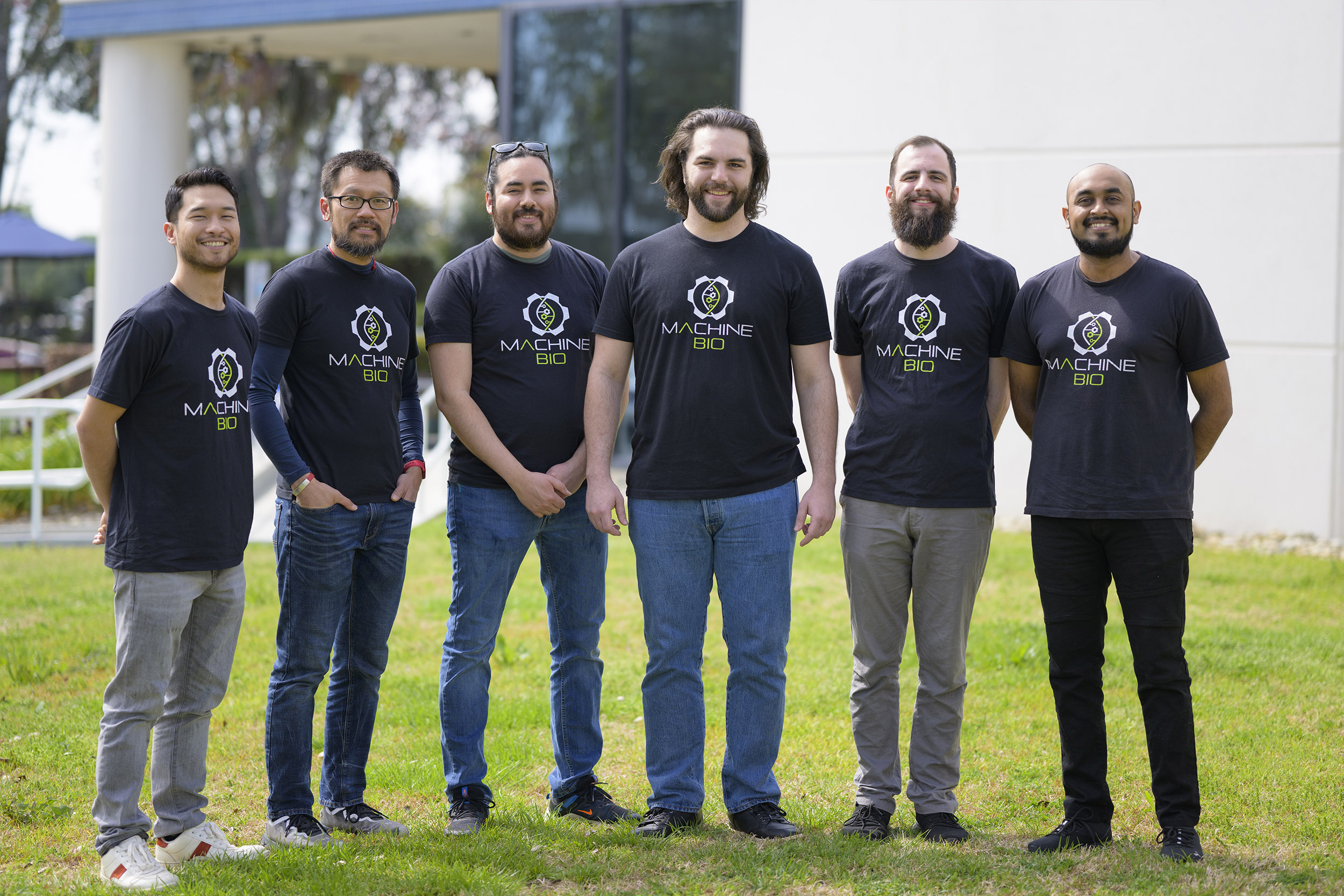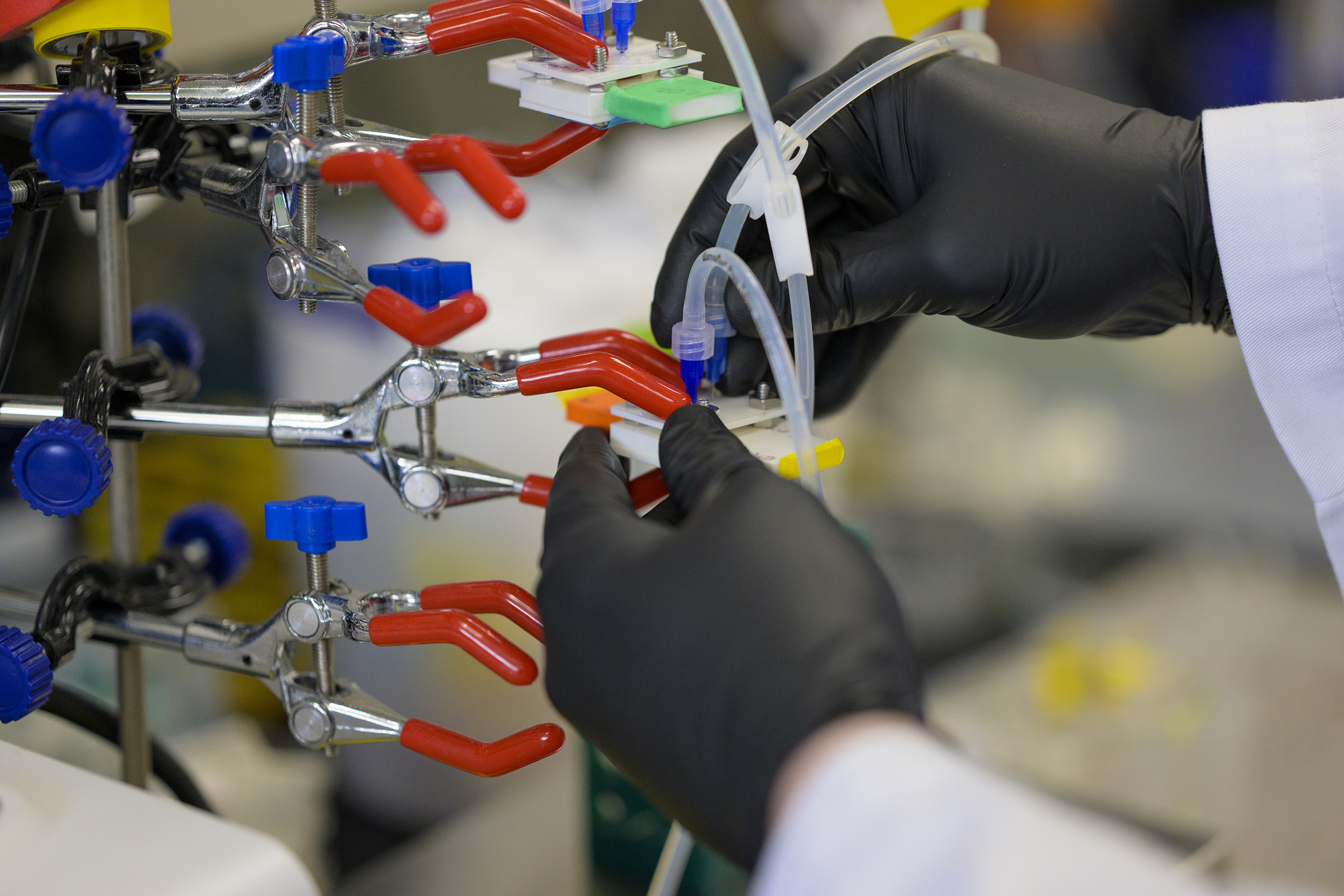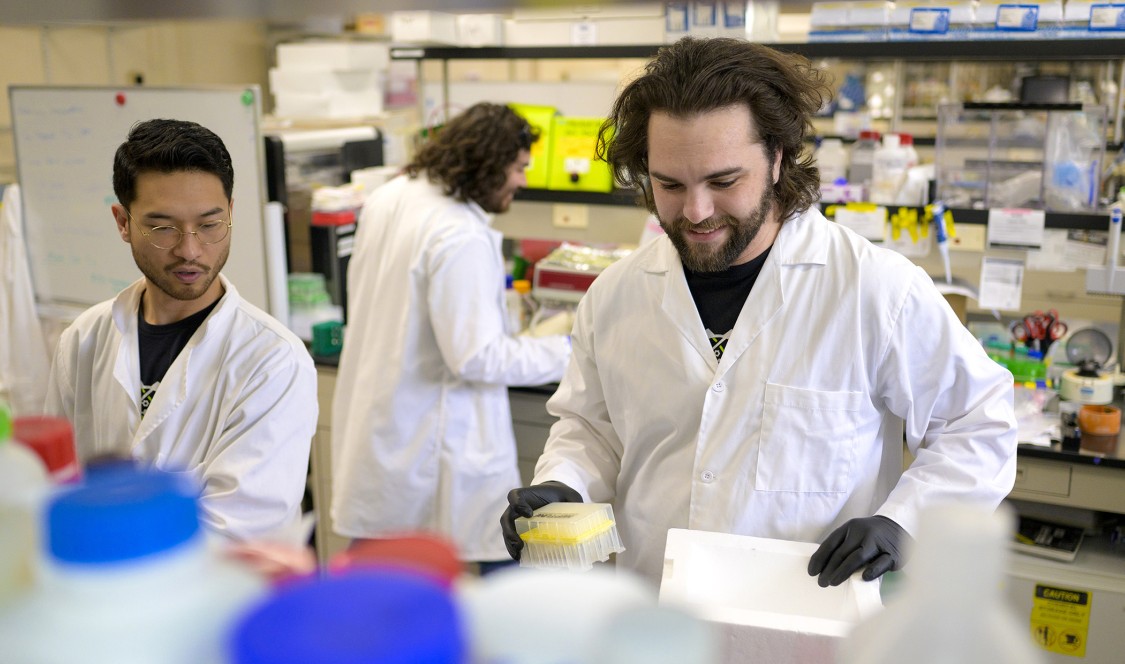A Claremont McKenna alumnus is about to achieve a stellar ambition when his research heads into the final frontier — space.
Machine Bio, a biotechnology startup co-founded by David Marash ’12, has won the annual Technology in Space prize and the opportunity to conduct further research aboard the International Space Station.
The prize came with $350,000 in grant funding from the Center for the Advancement of Science in Space, Inc. (CASIS), and aerospace company Boeing, and will allow Marash and his team to perfect a process to synthesize pure protein from DNA in the absence of gravity on the International Space Station Laboratory in 2024. Discoveries from this research in space may potentially lead to production applications that could benefit patient care here on Earth.

Marash—a biology and government major—graduated Claremont McKenna College in the first cohort of Interdisciplinary Science Scholars (ISS), funded by a one-time, special project grant from the Bill & Melinda Gates Foundation. This scholarship, designed for students with outstanding promise for future leadership, interested in pursuing both a science and non-science double or dual major, has supported well over 100 students at CMC since it began.
CMC’s leadership mission is what drew Marash to the College, and the ISS scholarship, which required that Marash focus on both a science and a non-science major, was “perfect for me because that’s exactly where my interest laid from the beginning,” he said. “I was already interested in studying biology and, for the government side, I’d been building up leadership activities, such as serving as student body president at my high school.”
Marash’s enthusiasm comes through as he talks about studying biological science. “I was really drawn to biology because it’s about these cool machines that exist on a microscopic level and have their very own intelligence in a sense. It’s a whole little world down there with so much potential. I couldn’t stop thinking about it.”
This passion inspired the name of the company, Machine Bio, which Marash co-founded in 2018 with Alexander Hilbert (KGI ’19) and Naman Shah. The Claremont-based biotech startup won the inaugural BioTools Innovator competition with a $200,000 grand prize in October 2021, and has been busily raising capital and acquiring clients.
Marash, who was initially focused primarily on conducting research experiments for Machine Bio, is now devoting a substantial amount of his time leading the business as the company’s CEO and head of scientific development.
Before launching Machine Bio, Marash spent three years in a variety of roles at Stanford School of Medicine, NASA, and OncoMed Pharmaceuticals, and then returned to Claremont to complete his Master’s of Science in Biopharmaceutical Processing at Keck Graduate Institute.
Despite being CEO, conducting experiments in the lab remains “fun” for Marash, who regularly sheds the business suit in favor of a lab coat and joins his R&D team in the laboratory, located at KGI, to meet with the team in-person.

“We have an appreciation for the molecular machinery of life. The whole idea behind Machine Bio is that biology and synthetic biology—and biotech in general—are advancing to the point where we can manipulate these little machines and do things with them, and put them into contexts, which if we had tried to do this decades ago, would not have worked, but now we have that ability,” he said.
According to Marash, this ability to harness the power of biology, “opens new possibilities for applications to improve our society. At Machine Bio, we’re always looking around for problems that biology can solve, the places where we can plug in these little machines and make a big difference,” he said.
To make that big difference, Machine Bio is taking the lead in protein innovation. “Protein is an incredibly valuable product particularly in bio pharma,” Marash said. “But making protein is an intensive process. And we’re trying to speed up protein engineering by making a new kind of bioreactor to carry out the biological process and create a protein.”
Machine Bio’s key innovation, said Marash, is a smart bio membrane developed from scratch in-house— “a beautiful thing,” he said—which has a range of possible applications across drug discovery and development, synthetic biology research, industrial enzyme optimization, and commercial therapeutic manufacturing.
The company’s proprietary platform can produce pure protein from a DNA template in a single-step, four- hour process ideal for research on the International Space Station, which maintains an orbit 250 miles above sea level.
“Instead of having to wait for someone to make a protein here on Earth, and then ship it up in a rocket, you can just make it on-site and analyze it right there,” he explained. “The astronauts on the Space Station are going to use our technology to make a set of proteins under various conditions. Then we’ll take their proteins back down to Earth and compare them to ours, side-by-side. We’ll have this ability to make something in space and understand how it performs relative to what we make here on Earth.”

Marash was introduced to lab work at CMC, where he cites Prof. Emily Wiley among his favorite faculty members. Wiley served as one of Marash’s thesis advisors and has been supportive of Marash’s journey.
“David was quite enthusiastic about the potential of cellular and molecular biology to solve problems and benefit society in multiple ways,” Wiley recalled of Marash’s time as her student. “I remember him as an adventurous and innovative thinker who was strongly motivated by open-ended questions. He was unafraid of taking intellectual risks to push the boundaries of applying molecular concepts new ways. In class, David was energized by opportunities to design and create new things. Early on, he recognized synthetic biology as a vast area for imagination and innovation.
“In my courses, I encourage students to engage in the creative parts of science, but rarely do I have a student who consumes the opportunities as eagerly as David did,” she continued.
While noting that the science curriculum was “always great” at CMC, Marash thinks it’s “incredible” that the College is “investing in science and scientific leaders” through the creation of the Kravis Department of Integrated Sciences (KDIS).
“The KDIS will produce leaders who are well-equipped to navigate the complex landscape of real-world innovation,” he said. “Students who are trained to see the various scientific disciplines collectively as valuable tools that combine to form an all-purpose toolbox will have a leg up when it comes to envisioning effective solutions for tomorrow’s problems. Cutting-edge innovation is often interdisciplinary.”
Marash noted that in their work with the International Space Station, he and his Machine Bio team “can easily find ourselves having to utilize our understanding of biology, chemistry, and physics in a single conversation. With our biopharma customers, these conversations can expand to include computer science, since machine learning is now being regularly applied to protein engineering.”
Marash maintains a CMC connection by hiring “creative interns from the Randall Lewis Center for Innovation and Entrepreneurship who are bright, eager to learn, eager to help, and excited about what we’re doing,” he said.
Reflecting on his own journey, Marash said that since he was a kid, he’s always been ambitious. And while his ambitions didn’t include space specifically, he said with a smile, “The younger me would be ecstatic over all of this.”

